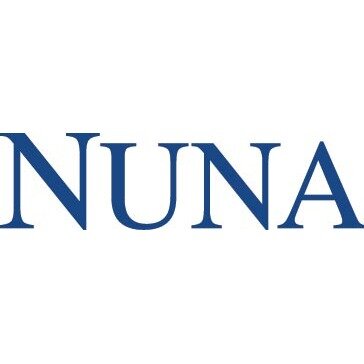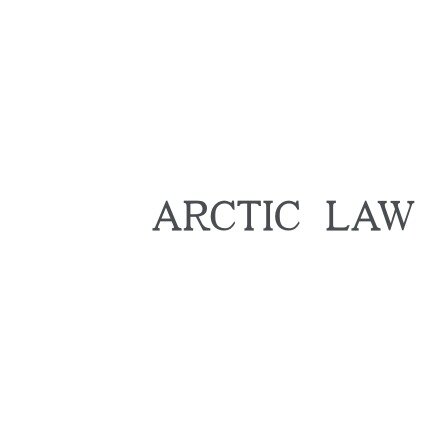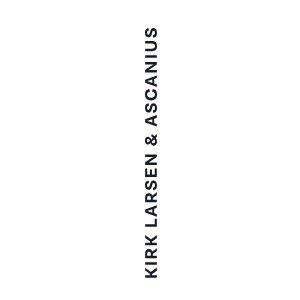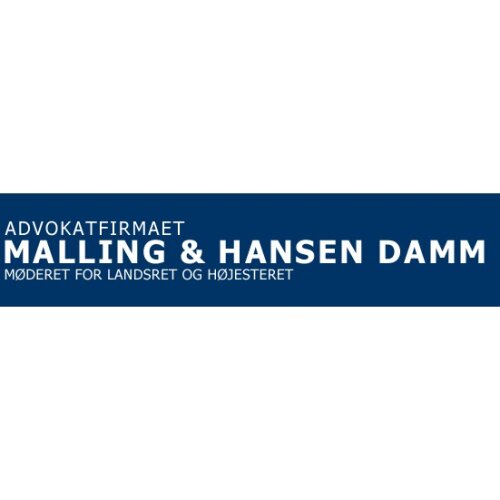Best Funds & Asset Management Lawyers in Greenland
Share your needs with us, get contacted by law firms.
Free. Takes 2 min.
Or refine your search by selecting a city:
List of the best lawyers in Greenland
About Funds & Asset Management Law in Greenland
Funds and asset management law in Greenland governs how investment funds, portfolios, and their managers operate within the country. Greenland is an autonomous territory within the Kingdom of Denmark, and its legal system incorporates both local regulations and aspects of Danish and European Union law where applicable. While Greenland's market for funds and asset management is relatively small compared to major financial centers, there are still critical rules and protections in place to ensure transparency, investor safety, and compliance with international standards. These laws cover the establishment, operation, management, distribution, and supervision of collective investment schemes and portfolio management services.
Why You May Need a Lawyer
There are several reasons why individuals or organizations may need legal guidance in funds and asset management in Greenland. Common situations include establishing a fund, structuring investments in Greenland-based assets, navigating licensing and compliance requirements, managing disputes between fund managers and investors, and ensuring that all regulatory filings are completed correctly. A lawyer with expertise in this field can help interpret complex regulations, draft or review investment documentation, handle negotiations, and advise on risk management or tax implications related to asset management activities.
Local Laws Overview
Key aspects of local laws concerning funds and asset management in Greenland include licensing and registration requirements for fund managers, disclosure obligations towards investors, and governance standards for funds. Generally, Greenlandic law draws from Danish financial regulation, particularly the Act on Investment Associations and Special-Purpose Associations, with adaptations to fit local circumstances. Regulatory oversight is typically managed by the Greenlandic authorities, often in cooperation with Danish financial regulators. Important areas of law include anti-money laundering obligations, rules on the marketing of funds, investor protection provisions, and standards for fiduciary duty and risk management. Non-compliance may result in serious penalties, including fines or suspension of activities.
Frequently Asked Questions
What types of investment funds can be established in Greenland?
Most common are collective investment schemes such as open-ended funds and closed-ended funds. These may include mutual funds and investment companies, depending on the investment strategy and legal form.
Do I need a license to manage or operate a fund in Greenland?
Yes. Fund managers must generally obtain the necessary authorization or registration from the relevant Greenlandic or Danish financial regulators before offering services to the public or managing assets.
Are there restrictions on who can invest in Greenlandic funds?
Certain restrictions may apply, especially regarding minimum investment amounts or requirements for investors to meet specific eligibility criteria. The precise rules depend on the type of fund and applicable regulations.
What are the reporting and disclosure obligations for funds?
Funds are required to provide regular information to investors, disclose key risks, fees, and investment strategies, and submit periodic reports to regulatory authorities.
Can foreign funds operate or be marketed in Greenland?
Yes, but they must comply with Greenlandic rules on marketing and distribution, which often require registration and the provision of certain investor protections.
How are disputes between investors and fund managers typically resolved?
Disputes are usually resolved through negotiation, mediation, or formal legal proceedings. The process will depend on the fund's governing documents and applicable legislation.
What are the tax considerations for funds in Greenland?
Funds and their investors may be subject to Greenlandic taxes on income and capital gains. Tax treaties with Denmark or other countries might also impact the tax treatment.
What anti-money laundering measures must funds take?
Funds must implement robust policies and procedures to verify the identity of investors, monitor transactions for suspicious activity, and report relevant information to authorities.
What does fiduciary duty mean for fund managers in Greenland?
Fund managers are legally required to act in the best interest of their investors, manage conflicts of interest, and pursue investment strategies consistent with the fund’s objectives.
How can I check if a fund or manager is properly licensed in Greenland?
You can verify the licensing status with Greenlandic financial authorities or, if applicable, Danish financial supervisory bodies.
Additional Resources
If you need more information or assistance, consider contacting the following resources:
- The Greenlandic Financial Supervisory Authority (Finanstilsynet)
- The Naalakkersuisut (Government of Greenland), Department of Finance
- The Danish Financial Supervisory Authority (Finanstilsynet) for cross-border activities
- Local law firms specializing in financial services and funds
- Professional associations for fund managers and financial advisors operating in Greenland
Next Steps
If you require legal assistance with funds or asset management in Greenland, start by identifying your specific needs, such as setting up a fund, understanding compliance requirements, or resolving a dispute. Gather all relevant documents and information about your situation. Next, consult a qualified local lawyer who specializes in funds and asset management law. They can review your case, provide tailored advice, and represent your interests before regulatory authorities or in legal proceedings if necessary. Acting early can help you navigate regulations effectively and avoid costly mistakes.
Lawzana helps you find the best lawyers and law firms in Greenland through a curated and pre-screened list of qualified legal professionals. Our platform offers rankings and detailed profiles of attorneys and law firms, allowing you to compare based on practice areas, including Funds & Asset Management, experience, and client feedback.
Each profile includes a description of the firm's areas of practice, client reviews, team members and partners, year of establishment, spoken languages, office locations, contact information, social media presence, and any published articles or resources. Most firms on our platform speak English and are experienced in both local and international legal matters.
Get a quote from top-rated law firms in Greenland — quickly, securely, and without unnecessary hassle.
Disclaimer:
The information provided on this page is for general informational purposes only and does not constitute legal advice. While we strive to ensure the accuracy and relevance of the content, legal information may change over time, and interpretations of the law can vary. You should always consult with a qualified legal professional for advice specific to your situation.
We disclaim all liability for actions taken or not taken based on the content of this page. If you believe any information is incorrect or outdated, please contact us, and we will review and update it where appropriate.
Browse funds & asset management law firms by city in Greenland
Refine your search by selecting a city.











